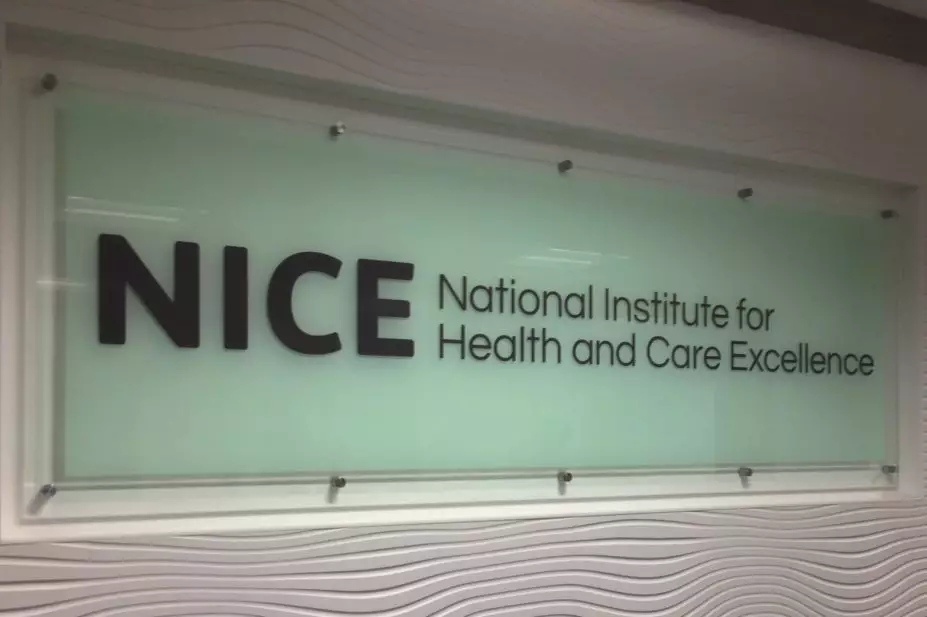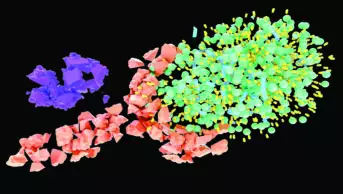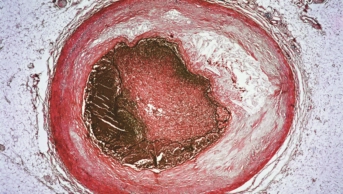
Courtesy of NICE
Two new drugs used to treat patients with high cholesterol when other lipid lowering drugs are either ineffective or cannot be tolerated have been recommended for use on the NHS in England by the National Institute for Health and Care Excellence (NICE).
Final NICE guidance recommends that alirocumab (Praluent; Sanofi) and evolocumab (Repatha; Amgen) should now be routinely available for certain patients with primary hypercholesterolaemia or mixed dyslipidaemia to help reduce their risk of cardiovascular disease.
The two drugs are being recommend in cases where cholesterol levels are not controlled adequately using other drugs, such as statins, or in cases where statins cannot be tolerated because of side effects or where patients have another condition that prevents statins being taken.
Both drugs work by blocking the PCSK9 protein, allowing the liver to remove cholesterol from the blood. Statins, by contrast, slow down the production of cholesterol by the liver.
The drugs are self-administered by injection once every fortnight, although the 420mg dose of evolocumab can be given monthly.
According to the prescribing guide MIMS, the annual cost of evolocumab treatment is approximately £4,422.60 per patient for the 140mg dose given fortnightly. The annual cost of fortnightly treatment with alirocumab is £4,368 per patient, irrespective of whether the 75mg dose or 150mg dose is given.
The drugs are only being recommended by NICE on condition that they are sold at a discount by the manufacturers following an agreed patient access scheme with the Department of Health.
Alirocumab and evolocumab were among five new drugs to be recommended by NICE in guidance issued on 22 June 2016. All are being made available at a negotiated discount on the NHS.
The other drugs are: ceritinib (Zykadia; Novartis) for treating non-small-cell lung cancer in adults who have previously been treated with crizotinib; trametinib (Mekinist; Novartis) in combination with dabrafenib (Tafinlar; Novartis) to treat patients with BRAF V600 mutation positive melanoma when the cancer has spread but cannot be surgically removed; and adalimumab (Humira; AbbVie) as a treatment for hidradentitis, which is also known as acne inversa or Verneuil’s disease, in patients with active moderate to severe disease that has not responded to conventional systemic therapy.


